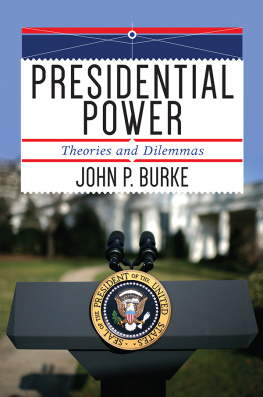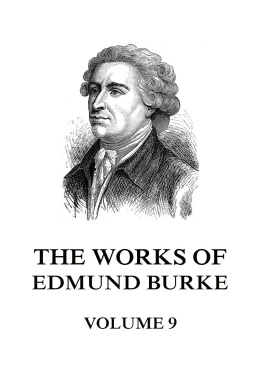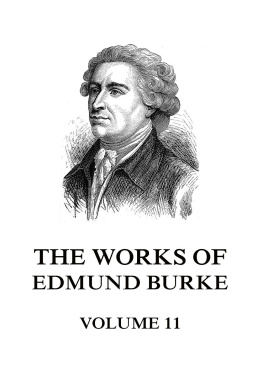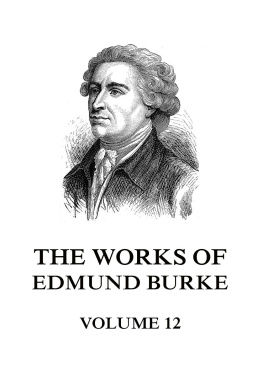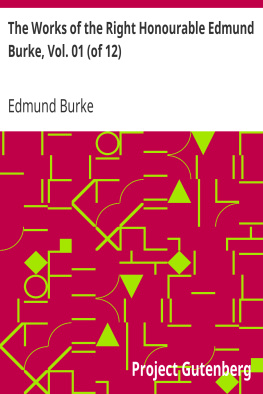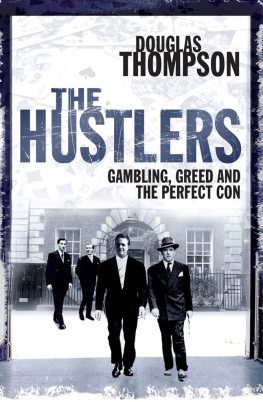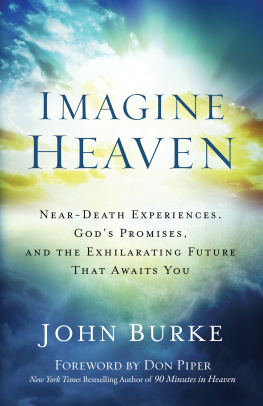Presidential Power
Theories and Dilemmas
First published 2016 by Westview Press
Published 2018 by Routledge
711 Third Avenue, New York, NY 10017, USA
2 Park Square, Milton Park, Abingdon, Oxon OX14 4RN
Routledge is an imprint of the Taylor & Francis Group, an informa business
Copyright 2016 Taylor & Francis
All rights reserved. No part of this book may be reprinted or reproduced or utilised in any form or by any electronic, mechanical, or other means, now known or hereafter invented, including photocopying and recording, or in any information storage or retrieval system, without permission in writing from the publishers.
Notice:
Product or corporate names may be trademarks or registered trademarks, and are used only for identification and explanation without intent to infringe.
Every effort has been made to secure required permissions for all text, images, maps, and other art reprinted in this volume.
Set in 10.5-point Adobe Garamond Pro
Library of Congress Cataloging-in-Publication Data
Names: Burke, John P., 1953 author.
Title: Presidential power : theories and dilemmas / John P. Burke.
Description: Boulder, Colorado : Westview Press, 2016. | Includes bibliographical references and index.
Identifiers: LCCN 2015047728| ISBN 9780813349671 (paperback) | ISBN 9780813350097 (e-book)
Subjects: LCSH: PresidentsUnited States. | Executive powerUnited States. | United StatesPolitics and government. | BISAC: POLITICAL SCIENCE / Government / Executive Branch. | POLITICAL SCIENCE / Government / General. | POLITICAL SCIENCE / Political Process / Leadership.
Classification: LCC JK516 .B788 2016 | DDC 352.23/50973dc23
LC record available at http://lccn.loc.gov/2015047728
ISBN 13: 978-0-8133-4967-1 (pbk)
Understanding presidential power is central to understanding the American presidency and its place in politics. The nation looks to the president for direction on an ever-growing number of domestic and foreign policy issues and expects him or her to achieve results and make progress. Right or wrong, this is the political reality, and one that is unlikely to change in the near future. Given this, how can presidents effectively exercise power to achieve their goals while still remaining within the rightful bounds and limits of the office? This major dilemma has beenand will continue to beone that presidents have grappled with, and it forms the heart of this book.
This book brings together in one volume what I believe are the major theories and dilemmas of presidential power. It interlaces a number of strands of my scholarly interests and my research that has spanned more than three decades. As a graduate student at Princeton, I had the good fortune to work with Fred I. Greenstein. His pursuit, on the basis of new archival evidence, of constructing a different understanding of Dwight D. Eisenhowers presidency fascinated me. Greensteins research revealed a more nuanced leadership style, and it was a game changer: not only did it suggest a more successful Eisenhower presidency but it also differed markedly from conventional wisdom that assumed a president needed to be a hands-on, direct bargainer.
I was inspired to delve in, and one of my earliest publications examined Eisenhowers battle with Democrats in Congress over the federal budget in 1957. Leading presidential scholars of the period, such as Richard E. Neustadt, as well as contemporary observers often use the budget battle of 1957 as an example of Ike at his worst. My research not only depicted a more engaged Eisenhower but also demonstrated that he deployed a varied and more complex set of strategies to attain his policy goals.
My inquiry into the presidency and budget politics continued with the early Reagan presidency. Reagan enjoyed remarkable success during his first year in office, achieving significant budget cuts and tax reform, but he encountered resistance from Congress in subsequent years. In my view, the latter resulted from Reagans lack of flexibility during the remainder of his first term. But at the time I noted two other factors. One was his successful deployment of direct public appeals to pressure Congress to follow his policy lead. Reagan was not the first president to use this tactic, but his communication skills and his ability to build public support served him very well in 1981. The second factor was Reagans changing political fortunes after his first year. At the time, I had only a glimmer of understanding of the shifting political opportunities and challenges presidents face as they advance through their term or terms in office. Since then, I have developed a longtime interest in this area and have focused much of my research on presidents transition to office, its effects on early presidential efforts, as well as the dynamics of the second term.
Political history has always fascinated me. In the early 1990s, I greatly benefited from working with Herbert Brownell in writing his memoirs. Brownell was Eisenhowers first attorney general and, before that, presidential candidate Thomas E. Deweys chief political adviser. Herb was not only a delight to work with but also significantly enhanced my understanding of the politics of the time. Of all my scholarly efforts over the years, this one I most enjoyed and fondly recollect.
Writing this book has enabled me to bring together my scholarly work and gave me the opportunity to share with my colleagues how I have structured my presidency courses over the years. Many deserve thanks for making this book possible, but first and foremost I am indebted to students at the University of Vermont who took my courses on the American presidency: they provided me with continuous dialogue and feedback. I want to thank Craig Rimmerman for inviting me to submit a proposal for his Dilemmas in American Politics series for Westview Press. Initially, I did not think I had the time to write it, but he persevered. I especially want to thank Ada Fung, senior editor at Westview Press, for her astute guidance. Dear reader, she has saved you from much unneeded professorial verbiage. Well done, Ada! Sincere gratitude to the Westview Press team: Acquisitions Director Grace Fujimoto, Sales and Marketing Director Renee Malis, Senior Marketing Manager Victoria Henson, my project editor Carolyn Sobczak, and my copyeditor Christina Yeager.
I would also like to thank the many reviewers whose feedback helped make this book better, including Christopher Banks (Kent State University), Samuel Bas- sett (Lake Forest College), Meena Bose (Hofstra University), Matthew Dickinson (Middlebury College), Victoria Farrar-Myers (Southern Methodist University), Phillip Henderson (Catholic University), James Josefson (Bridgewater College), James Pfiffner (George Mason University), Adam Warber (Clemson University), and others who wish to remain anonymous. A special thanks also to my aides-decamp in the Deans office: Sally Bartlett, Lise Larose, and Molly Nilan.
Last, but certainly not least, I want to thank R. Stafford Johnson, my spouse, for putting up with me as I wrote this book. Stafford was ever patient and encouraging as I worked on it, all the while as I put in long hours serving as an associate dean of our College of Arts and Sciences.
John P. Burke
This book examines the issues and theories of presidential power, that is, the ability of a president to attain political and policy goals. Examining presidential power is central to understanding the presidency, which is important because for better or worse, intentional or not, the American presidency has emerged as the central focus of our system of government. Starting in the twentieth century, especially since Franklin D. Roosevelts presidency and his efforts to grapple with the Great Depression and World War II, we have turned to the presidency to solve national and international problems. What traditionally might have been regarded as largely local or state-level problemsor even matters of personal choice and responsibilityare seen today as presidential issues, calling for executive response and action. A few examples include the quality of education in local public schools, the costs of college and university education, gun violence and gun control, racial tensions in communities, health care, and environmental quality and conservation issues. If you are surprised that these were not always regarded as matters of clear presidential response and action, then that is all the more telling.

